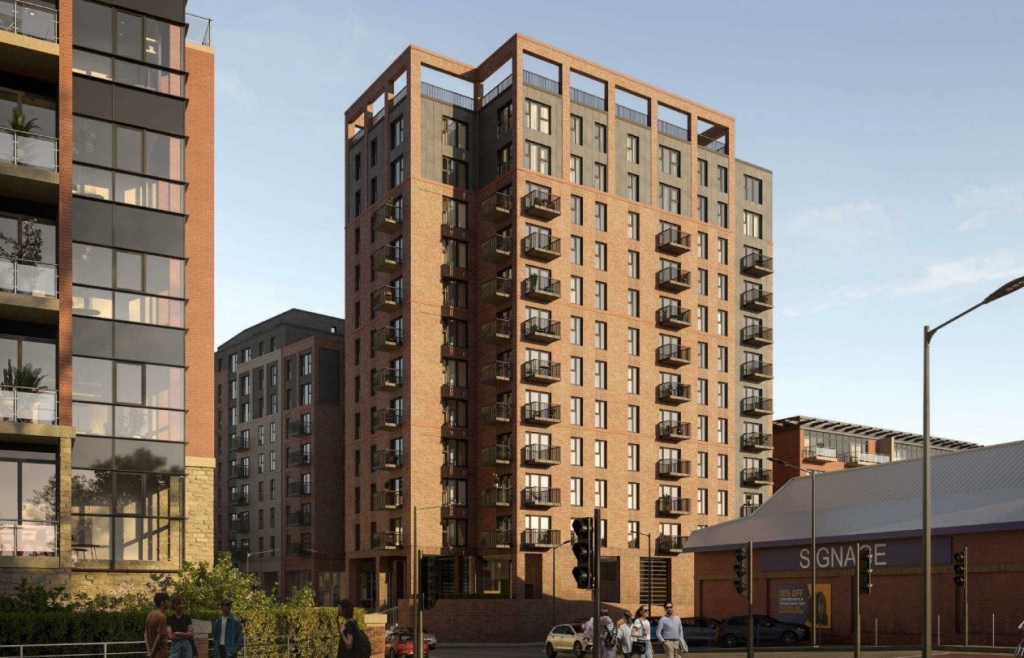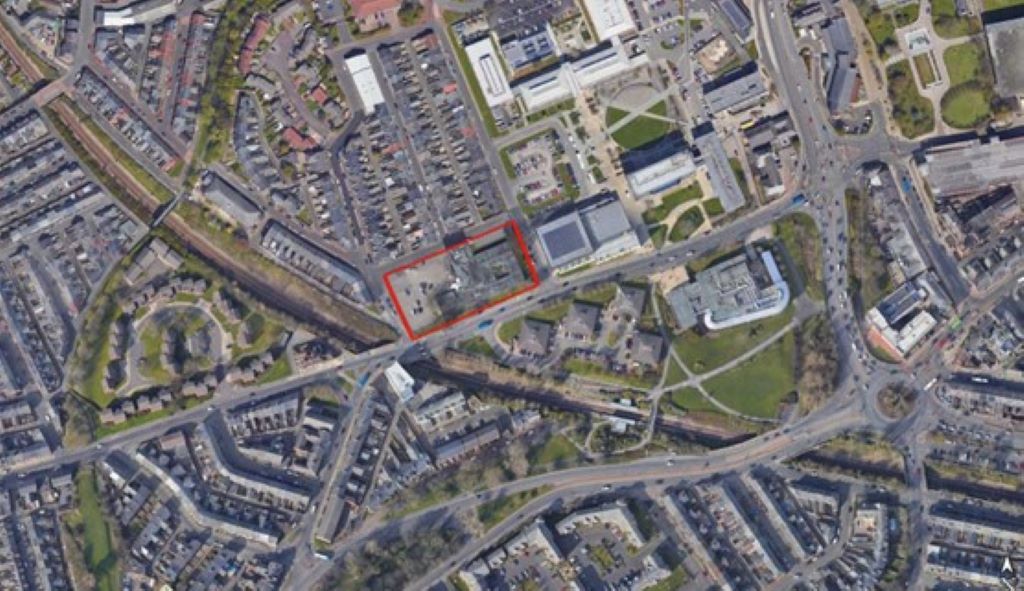The Subplot
The Subplot | 2023 bull market, fit-out costs, BTR
Welcome to The Subplot, your regular slice of commentary on the business and property market from across the North of England.
THIS WEEK
- Does a big Sheffield office investment, and a clutch of Manchester office requirements, mean it’s now a bull market?
- Elevator pitch: your weekly rundown of who is going up, and who is heading the other way
THE OFFICE MARKET IS HEATING UP
A Sheffield deal suggests the temperature is rising
Fountain Precinct, the eight-storey 112,000 sq ft Sheffield office block that is hard to ignore, has just changed hands. The sale – and a rush of office requirements across the North – might be the sign of a modest 2023 bull market.
Fountain Precinct has a new owner. The vendor, Aegon Asset Management-Kames Property Income Fund, is understood to have sold the building to one of the Asda-buying Issa brothers at a price around £14m.
Nobody wanted to talk to Subplot to confirm the price or purchaser, but it feels about right for a well-placed block refurbished as recently as 2019, and not far off what is understood to be the original purchase price in 2015, so a good value buy for the new owner.
Aegon has been offloading a few things recently: in February it sold another vintage eight-storey block, 39 Deansgate in Manchester, of 41,000 sq ft but with permission for a 200,000 sq ft office tower.
No longer bear
Do these deals suggest spring 2023 is a bit of a bull market after all? If you have cash, and an appetite, some very attractive propositions are available, and you will have to fight for them.
And just as investors spot a chance, so do office occupiers who realise this is probably close to the bottom of the market and that many developers are trying to refinance, giving occupiers the whip hand.
Refinancing
The banking crisis – if it was – is part of the explanation. Lisa Attenborough, debt advisory partner at Knight Frank, told Subplot: “Refinancing is a challenge. The UK has £40bn-£50bn development loans coming to maturity every year. Typically now they are five-year loans dating from 2018 which means they get refinanced at much higher interest rates and with a potential value correction.”
Or not refinancing
Attenborough says there are plenty of funders happy to step in – at a price. “But yes some equity injection from developers will be needed, some will need to take a hit, and some will simply sell-up,” she said, adding that the risks were greater in some sectors than others.
“Offices without leases, but with 2018 loans and potentially short lease deals to sign…that’s risky,” she added.
The only way is up
On the plus side, there is a growing hope, shared by Attenborough, that maybe the worst is over. If capital values have hit a natural floor then quite a few property companies are undervalued on the stock markets relative to their assets. This creates an interesting mood and yet another opportunity.
Tenants super
All of which explains the suddenly exuberant mood among potential tenants who think ‘now is the time to unfreeze the frozen requirements of 2020 and 2021’.
This week an unnamed bank, thought to be Bank of New York Mellon, added Manchester, already a base for the bank, to a list of locations for a 100,000 sq ft deal.
In Leeds, Lloyds Bank took 120,000 sq ft at Wellington Place tightening an already short supply of good new stock, and take-up in Manchester is nearly back to 2019 levels, Place North West reported.
Bull or bear?
Can this good feeling last? Is this just one of those unrepeatable moments that tells us nothing? Or part of an unfolding story? Tuesday’s IMF Global Outlook report suggested nothing good about UK economic recovery. Respected names like Oxford Economics said that even that gloomy view was too optimistic. So not yet time to celebrate, but maybe a straw in the springtime wind.
 ELEVATOR PITCH
ELEVATOR PITCH
Going up, or going down? This week’s movers
Everyone’s piling into Northern build-to-rent, doors closing for the top floor. Also travelling to the top are UK office fit-out costs. Enjoy the view from the roof!
 Northern BTR
Northern BTR
Thanks to the North, the build-to-rent sector had a super first quarter. Figures from BNP Paribas Real Estate suggest investment transactions totalled £1.1bn, including PGIM’s purchase of the Goldman Sachs portfolio for single-family homes in Manchester and Liverpool for £190m, the Harrison Street, NFU Mutual, and Apache forward funding of Moda’s Great Charles Street for £302m, and Realstar’s forward funding of Phase 2 of UNCLE in Leeds for a reported £108m. That’s about half.
It’s all being driven by rental growth, now settling at an annual rate above 10% in the major Northern cities – and in some cases, appreciably higher. New entrants are piling in. But the maths mean they are looking at slightly edgier prospects. “Higher interest rates are impacting investor levered returns, resulting in a shift of some investors towards higher yielding or value-add living sector investments,” said
Andrew Screen, head of residential capital markets at BNP Paribas Real Estate. One to watch.
Learn more about BTR at Place’s North West Rental Market event on 4 May.
 Cheap office fit-outs
Cheap office fit-outs
The office of your tenant’s dreams is getting ever more expensive. Cushman & Wakefield has published its annual guide to the likely costs of fitting out with the current vibe, and its pricey – particularly in Manchester.
Fit-out costs across Europe have risen by an average of 9% over the last year with high-quality fit-outs now averaging approximately £181/sq ft. But in Manchester this would look cheap: the best category fit-out will cost £260/sq ft, a mid-price effort £171/sq ft. It’s the second most expensive of 25 major European cities, only London is anything like as pricey. Birmingham and Glasgow looking positively cheap. Why is this? Answers in the comments, please.
Get in touch with David Thame: [email protected]





